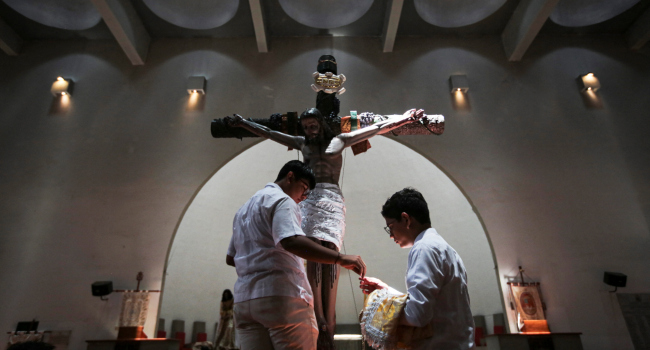Nicaragua has taken a significant step in its crackdown on dissent by ordering churches and religious entities to pay income tax and closing over 150 non-governmental organizations (NGOs), according to an official announcement on Thursday. This move is part of a broader effort by President Daniel Ortega’s administration to suppress opposition voices.
The new resolution, signed by Ortega and published in the official La Gaceta newspaper, eliminates the previous tax exemptions for these organizations. They will now be required to pay taxes up to 30% of their annual income.
In addition, the government has shut down 151 NGOs, following the recent closure of approximately 1,500 NGOs. This action has been condemned by opposition groups in exile as an assault on civil society.
Since the 2018 protests against Ortega’s regime—which led to a violent crackdown leaving over 300 dead, according to the UN—the government has imprisoned hundreds of critics, both real and perceived. Monday’s announcement marks the largest single action against NGOs, bringing the total number of dissolved civil organizations to over 5,200 since 2018.
The United States has denounced the closures as “unjust,” with Brian Nichols, the State Department’s assistant secretary for Western Hemisphere affairs, condemning the move on Twitter. Felix Maradiaga, a former Nicaraguan presidential candidate now in exile in the US, described the action as a new chapter in Ortega’s regime of systematic repression.
The Inter-American Commission on Human Rights (IACHR) also criticized the action, calling it a severe blow to pluralism and a deliberate effort to close down democratic spaces. The United Nations labeled the development as “deeply alarming.”
Ortega first rose to power in Nicaragua in 1979 as a leader of the Sandinista movement that overthrew the US-backed Somoza dictatorship. After losing elections in 1990, he returned to power in 2007, subsequently eliminating presidential term limits and consolidating control over all branches of government. His regime is currently facing sanctions from the US and the European Union.


